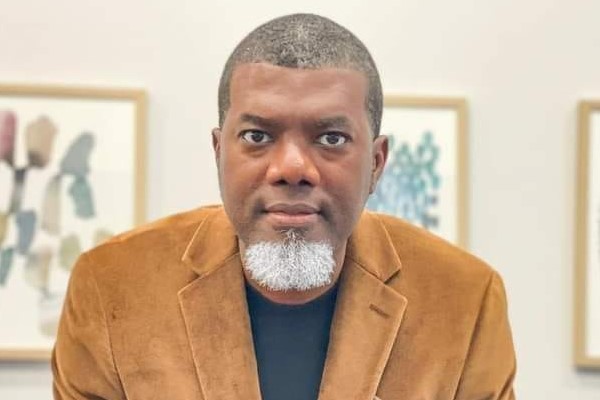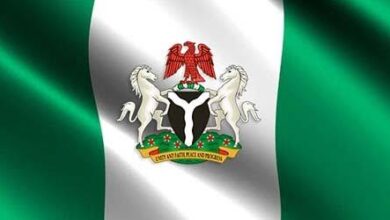Reno Omokri and the Symbolism of Akeldama

Today is Good Friday – a day etched into the soul of Christendom as one of sorrow, sacrifice, and reflection. It is the day Judas Iscariot sealed his betrayal of Christ with a kiss, handing Him over for thirty pieces of silver. That money, tainted with innocent blood, was later used to purchase a field in Jerusalem – a barren, desolate place that came to be known as “Akeldama”, the “Field of Blood.”
Akeldama is more than mere geography. In the annals of biblical memory, it stands as a symbol of betrayal, blood money, and the tragic consequences of greed and disloyalty. It is a moral ground, soaked in the cost of compromised conscience and squandered integrity. It reminds us of what happens when personal gain overrides principle, when silver is chosen over sincerity.
On a day such as this, as the world pauses to ponder the weight of betrayal and the price of innocence, we must confront the echoes of “Akeldama” in our own time. We are reminded of modern “Judaic” characters – those who thunder against wrongdoing when it is fashionable, only to dance with the same forces when it becomes profitable. Among them stands Mr Reno Omokri, now nominated for an ambassadorial position in Nigeria.

Mr Omokri, in the very recent past, launched a sustained and venomous campaign against President Bola Ahmed Tinubu. In his own words, he described the President as a “drug addict,” a “drug pusher,” “an invalid who has lost his faculties,” and “the grandfather of corruption.” These were not youthful indiscretions or private murmurs. They were deliberate, repeated, and public.
Now, in a stunning volte-face, Mr Omokri finds himself in line for elevation under the very administration he so vehemently scorned. Like the silver coins paid to Judas, the price of betrayal, his recent nomination is stained by the memory of his own damning words, obloquy hurled with certainty against the man he now seeks to serve. It is a moral contradiction too stark to ignore.
Akeldama, in Christian tradition, also came to represent a place of spiritual ruin, where ethical boundaries collapsed and loyalty was traded for temporary gain. The field was purchased with blood money, and its soil bore the weight of shame. In much the same way, if opportunism is allowed to triumph over integrity, if public denunciations can be swept aside for the sake of political advancement, then we, too, are cultivating new fields of blood in the very heart of our national conscience.
To appoint Mr Omokri as an ambassador is not merely a political decision – it is a statement about what we, as a people, reward. Are we prepared to signal to the world that truth is disposable, that convictions are elastic, and that slander can be quietly buried beneath the laurels of office? Is this the face Nigeria should present to the world?
Akeldama warns us that betrayal is never without consequence. It cautions nations and individuals alike that the coin of treachery may spend richly for a moment, but it purchases a legacy steeped in dishonour. Today, we do not need another reminder that moral decay often masquerades as political realism.
Let Good Friday, and the shadow of Akeldama, awaken us anew to the dangers of elevating those whose loyalties are shaped by opportunity, and whose convictions collapse at the whisper of reward. Let us remember that while Judas found thirty pieces of silver, he lost his soul.
Nigeria must not tread this path. We must not sanctify contradiction nor elevate those whose shifting loyalties undermine the very ideals we claim to uphold. Let Akeldama remain in the pages of Scripture, not in the annals of our national appointments.
Post Views: 100





